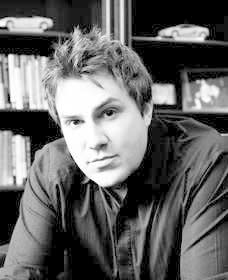Cancer, a terrifying disease that evokes fear in everyone, possesses an unbeatable strength, erecting barriers against chemotherapy and other cancer-fighting practices. Jason Hope, a renowned figure, suggests that death-resistant cells could be essential to combating cancer in the medical world. Inhibiting cell death is a complex phenomenon in cancer resistance.
Up to now, scientists and research universities are diligently exploring potential solutions. Jason Hope believes that with unwavering determination and deepening knowledge, the medical field can finally unravel the enigma and confront resilient cancer cells. Death-resistant cells can be understood in different ways.
In simple terms, it refers to the natural loss of cells that occurs as the body changes and ages without any abnormality. Another interpretation is when vertebrate cells fail to reproduce, entering a postmitotic state due to limitations in cell culture. Jason Hope emphasizes that human body cells are not immortal and have a finite lifespan, varying from years to days.
Additionally, damaged cells that do not contribute to the body’s functioning, such as those affected by cancer, undergo apoptosis, where the body’s programmed response aims to eliminate them. However, Jason Hope suggests that there is a mechanism that initially keeps these cells alive, restraining their uncontrolled growth. To address the issue of senescent cells, there are two potential approaches.
The first is the practical development of a drug that can selectively eliminate toxic cells while preserving the healthy ones, a strategy known as selective cell killing. As the activist investor explained, oncologists are already employing similar practices to target abnormal cells, creating space for healthy cells to thrive and preventing diseases like cancer. Simultaneously, Jason Hope finally adds, researchers at the State University are investigating ways to enhance mice’s immune system health.
